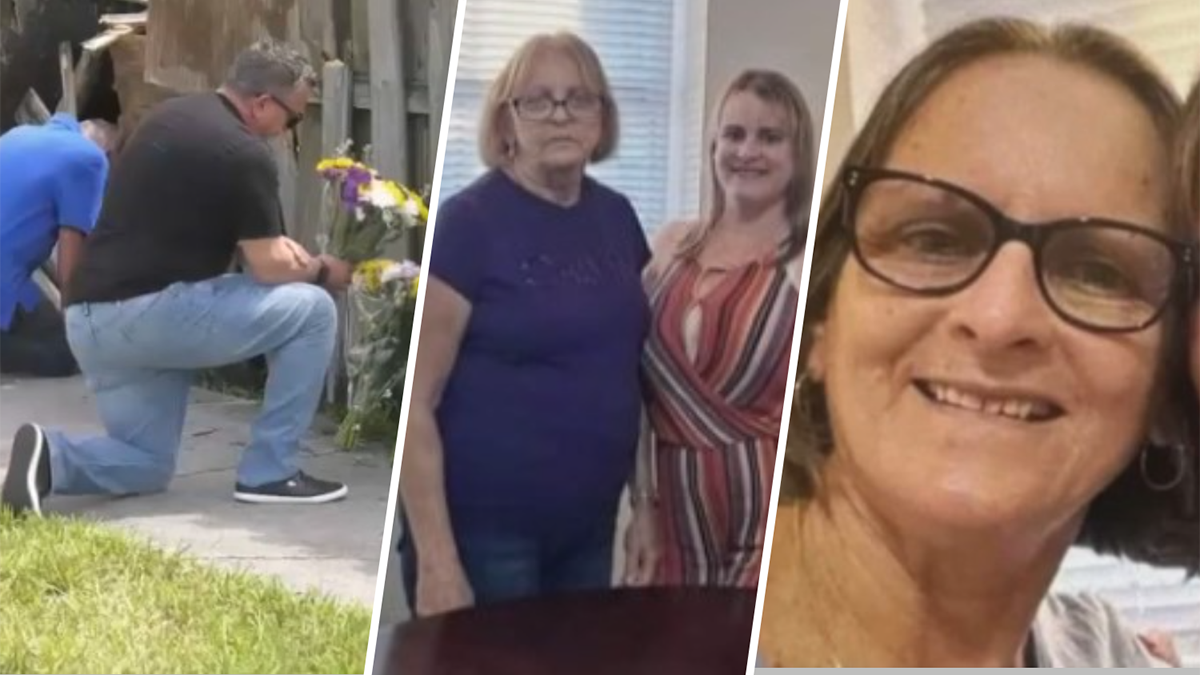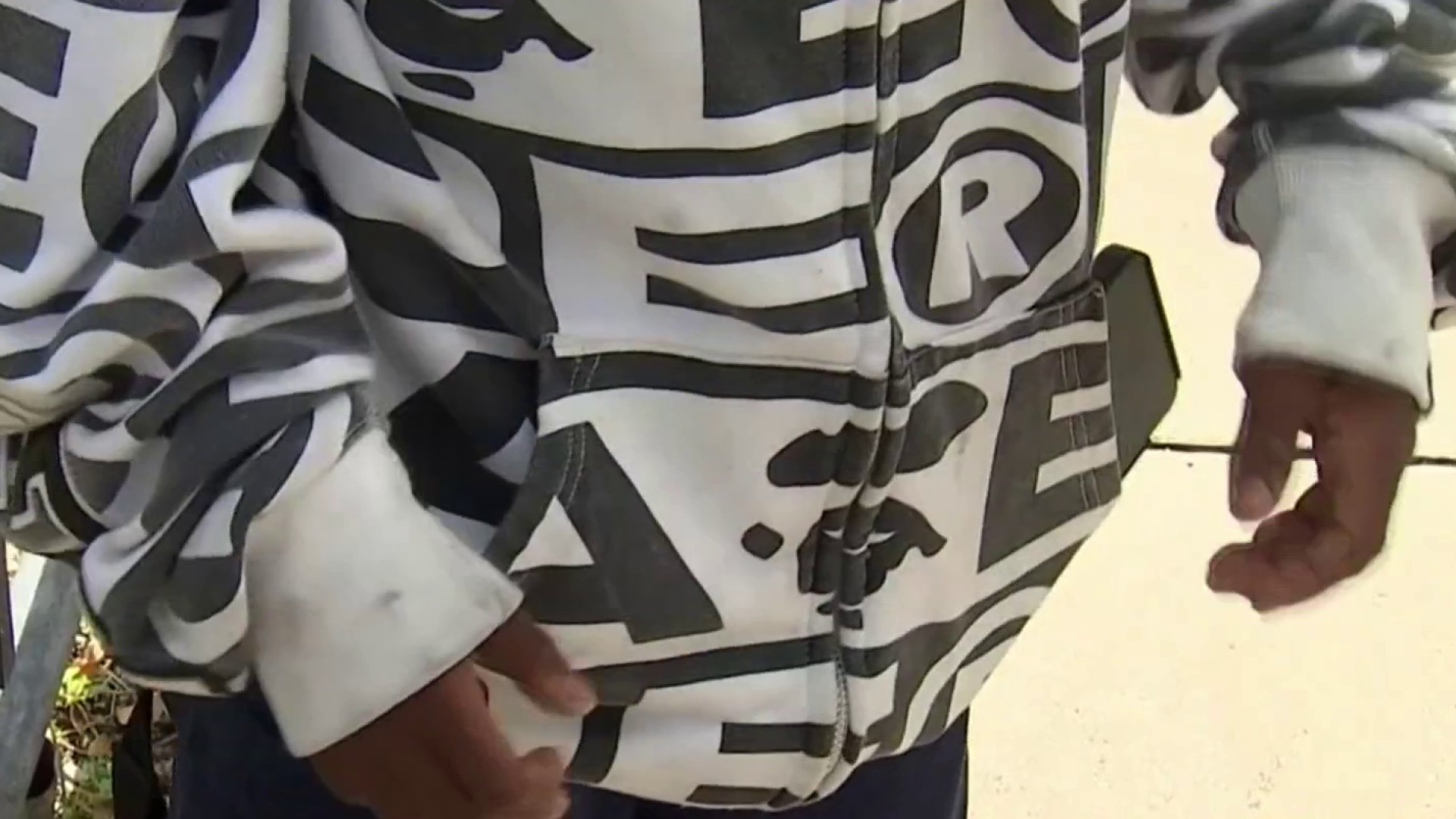University of Miami President Donna Shalala sat down with NBC 6's Jackie Nespral for an exclusive interview, looking back on her time at UM and discussing what the future holds.
Shalala announced last month her intention to retire after 14 years at the University of Miami. She says many want to know what is next in store.
"It's too early to tell what I'm going to do next," Shalala said. "I haven't made any decisions, I've made no commitments. There are lots of people calling that have things for me to do."
Shalala served for eight years as Secretary of Health and Human Services for the Clinton administration. When asked if she would campaign for Hillary Clinton should she decide to run in 2016, Shalala said there is a possibility she would get involved in some way.
"I'm sure that if she decides to run, there will be some things to do if I'm in a position to do that," Shalala said. "I'm a political scientist but not an expert on campaigns. While I could be helpful in terms of running around the country making speeches, don't expect to see me as an operational person on a campaign."
Shalala assumed the presidency at UM in 2001, having previously served as Chancellor of the University of Wisconsin-Madison. Shalala said she saw an opportunity to make a real difference for Miami.
"I had never before been able to take an institution into the top ranks," Shalala said.
Local
Along with projecting $3 Billion raised for the university's Momentum campaign by next June, Shalala considers her recruitment of world-class faculty to be among her greatest accomplishments.
"The University of Miami was a very good place," she said. "Now it's on the verge of being the next great American university."
Shalala admits that she thought the university was vulnerable after news broke about the Nevin Shapiro scandal. And while she says it was a painful experience, she is proud of how they managed the fallout.
"I was pissed off during a large part of it," she said. "I was also angry at the NCAA because they didn't behave in a professional way. I said that publicly. We cooperated from the beginning and we got it done, but it had an effect on our football program. It's going to continue to have an effect for another couple of years."
Shalala said the university also investigated itself.
"To have a rogue person like that, we went back and took a look to investigate and see if we could have stopped some of that at the time, and the fact is, no one talked at the time," she said. "We learned a lot from our experience in this."
While Shalala may be stepping down at the end of the school year, she says she will continue to teach at the university, and plans to start research and publishing again as an academic.
"I teach the largest class at the university," she said. "Lots of students want to take it. It's the politics and economics of health care. It's a hot topic so I'll continue to teach. I love teaching."



